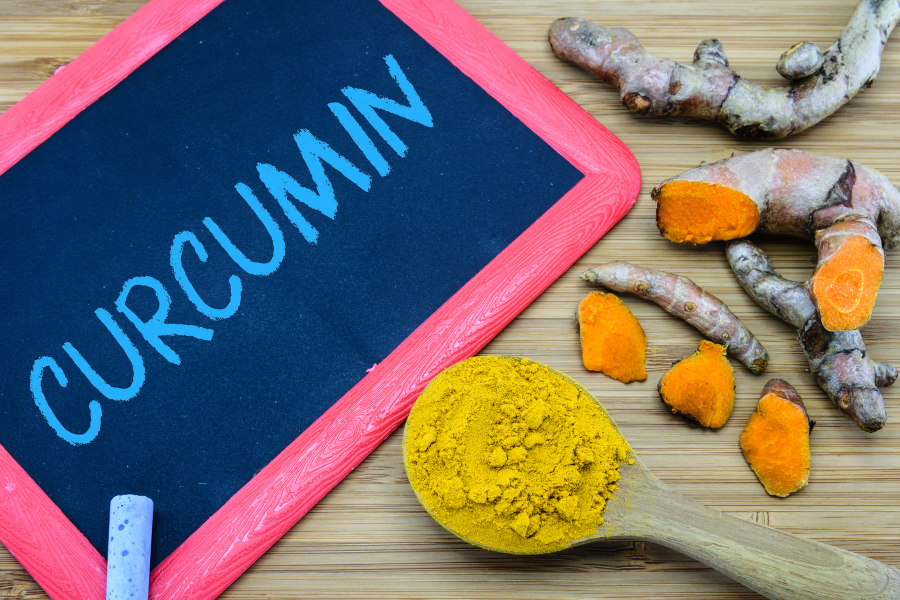The Power of Curcumin: How It Supports Cellular Health
By Sarah's Village

Curcumin, the active compound in turmeric, has been celebrated for centuries in traditional medicine, particularly in Ayurvedic and Chinese practices. Known for its anti-inflammatory and antioxidant properties, curcumin has gained significant attention in modern science for its potential to promote cellular health and prevent disease. Here’s how this natural compound can keep your cells healthy and support overall wellness.
1. Powerful Antioxidant Properties
Curcumin is a potent antioxidant that helps neutralize harmful free radicals in the body. Free radicals, which result from environmental stressors, pollution, and even normal metabolic processes, can damage cells over time, leading to premature aging and various health conditions. By scavenging these harmful molecules, curcumin protects cells from oxidative stress, a leading factor in cellular damage and aging.
2. Anti-Inflammatory Effects
Chronic inflammation is linked to several health issues, including cardiovascular disease, arthritis, and neurodegenerative diseases. Curcumin works by inhibiting the activity of enzymes and proteins that promote inflammation in the body. Studies show that curcumin can reduce levels of C-reactive protein (CRP), a marker of inflammation, and may provide relief for people suffering from chronic inflammatory conditions. By reducing systemic inflammation, curcumin helps protect cells from inflammatory damage, contributing to better long-term health.
3. Enhances Brain Health
Curcumin’s benefits extend to brain health. It can cross the blood-brain barrier, allowing it to interact directly with brain cells. Research suggests that curcumin may boost levels of brain-derived neurotrophic factor (BDNF), a growth hormone essential for brain function. Higher BDNF levels are associated with improved memory and reduced risk of neurodegenerative diseases like Alzheimer’s. By protecting neurons and supporting brain cell function, curcumin may help preserve cognitive health as we age.
4. Supports Cardiovascular Health
Curcumin plays a role in maintaining healthy blood vessels, which is crucial for cardiovascular health. Its anti-inflammatory and antioxidant properties help reduce the risk of plaque buildup in arteries, a common contributor to heart disease. Curcumin also improves endothelial function (the lining of blood vessels), promoting better blood flow and reducing blood pressure. This cellular support within the cardiovascular system makes curcumin beneficial for heart health.
5. Aids in Cellular Detoxification
Curcumin supports the body’s natural detoxification processes by enhancing liver function. The liver is responsible for filtering toxins from the blood and breaking down waste products. By supporting liver cell health, curcumin promotes effective detoxification, helping remove potentially harmful substances from the body and reducing the burden on cells.
How to Add Curcumin to Your Diet
While turmeric is a common ingredient in many dishes, curcumin is best absorbed when paired with black pepper. The compound piperine in black pepper enhances curcumin absorption, making it more effective in smaller doses. Curcumin supplements are also available and can offer more concentrated benefits. Be sure to consult a healthcare provider if considering higher doses, as curcumin can interact with certain medications.
From reducing inflammation to supporting cardiovascular and brain health, curcumin offers remarkable benefits at the cellular level. Incorporating this powerful compound into your diet can help protect your cells and support long-term wellness, making it a valuable addition to a healthy lifestyle.





